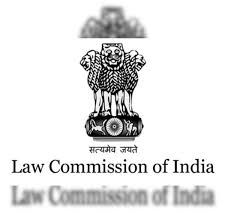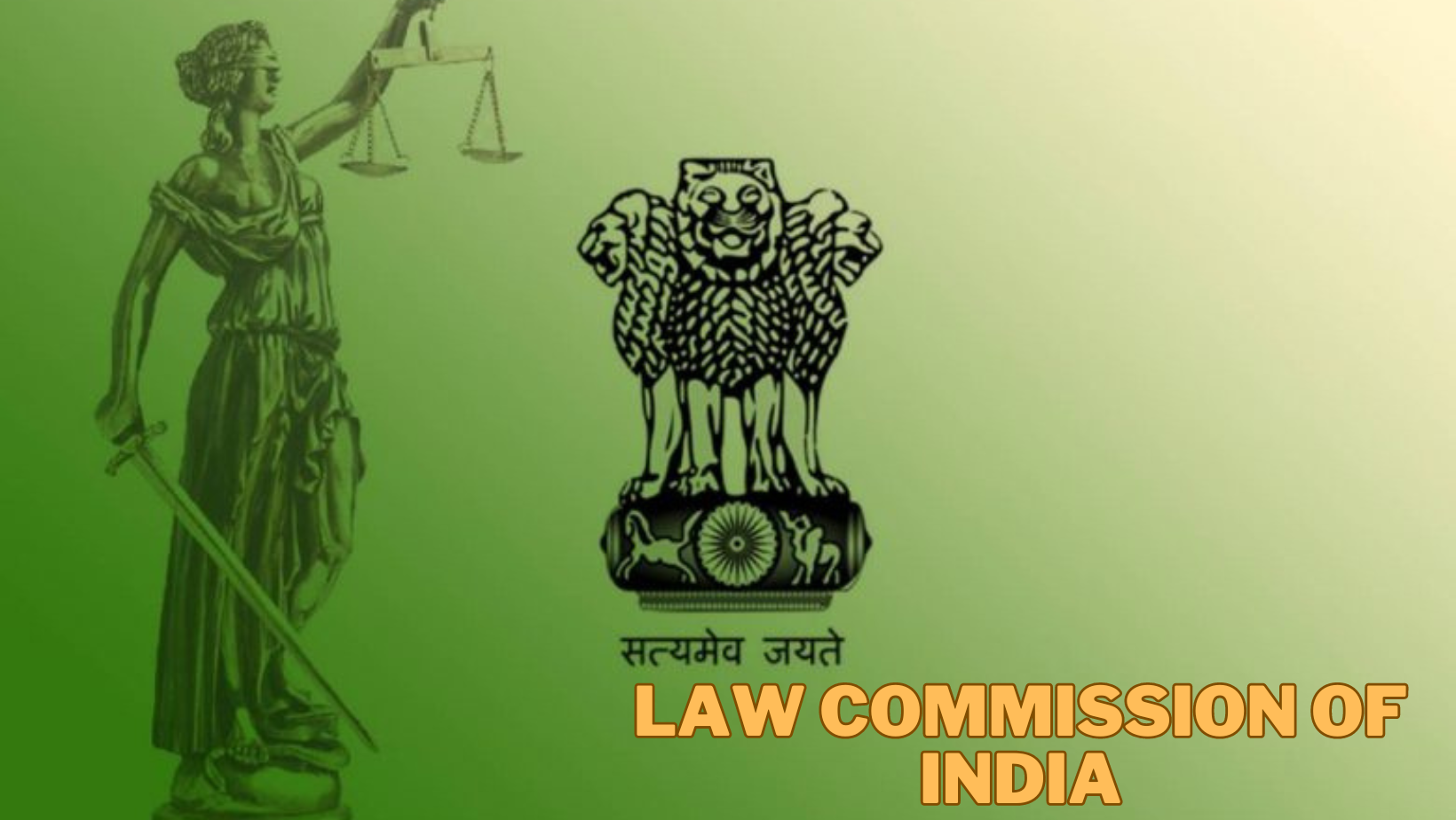23rd Law Commission of India

- 06 Sep 2024
Constitution and Tenure:
- Notification and Term:
- The 23rd Law Commission of India was notified by the Union government on September 2, with effect from September 1.
- The commission will have a three-year term, concluding on August 31, 2027.
- The tenure of the previous Law Commission, chaired by former Karnataka High Court Chief Justice Ritu Raj Awasthi, ended on August 31.
Role and Importance of the Law Commission:
- Purpose:
- The Law Commission is a non-statutory body formed by the Union Ministry of Law and Justice through a gazette notification.
- Its role includes reviewing the functioning of laws, recommending the repeal of obsolete legislation, and providing recommendations on issues referred by the government.
- Composition:
- Typically chaired by a retired Supreme Court or High Court judge.
- Includes legal scholars and can also have serving judges.
- Impact:
- Over the years, 22 Law Commissions have submitted 289 reports.
- Their recommendations have influenced significant legislation, such as the Code of Criminal Procedure, 1973 (CrPC), and the Right of Children to Free and Compulsory Education Act, 2009 (RTE Act).
Constitution of the 23rd Law Commission:
- Structure:
- The commission will consist of:
- A full-time chairperson.
- Four full-time members, including a member-secretary.
- Up to five part-time members.
- Ex officio members including the secretaries of the Legal Affairs and Legislative departments.
- The commission will consist of:
- Appointment and Remuneration:
- Chairperson and full-time members can be serving Supreme Court or High Court judges or other experts chosen by the government.
- The chairperson will receive a monthly salary of ?2.50 lakh, while members will receive ?2.25 lakh.
- The member-secretary must be an officer of the Indian Legal Service of the rank of Secretary.
- Serving judges appointed to the commission will serve until retirement or the end of the commission’s term, without additional remuneration.
Terms of Reference:
- Primary Tasks:
- Identify and recommend the repeal of obsolete or irrelevant laws.
- Create a Standard Operating Procedure (SOP) for periodic review and simplification of existing laws.
- Identify laws that are misaligned with current economic needs and suggest amendments.
- Directive Principles and Reforms:
- Examine laws in light of Directive Principles of State Policy and suggest improvements and new legislation to achieve constitutional objectives.
- Address laws affecting the poor, conduct post-enactment audits of socio-economic legislation, and review judicial administration for responsiveness.
Previous Commission's Contributions:
- Reports and Recommendations:
- The 22nd Law Commission produced 11 reports, including:
- A report in April 2023 recommending retention of Section 124A of the Indian Penal Code (sedition law), with suggested amendments for clarity.
- A report recommending a new law to protect trade secrets.
- A report on simultaneous elections, though it was not submitted to the government before the commission’s chairperson assumed office as a Lokpal member.
- The 22nd Law Commission produced 11 reports, including:
Upcoming Focus:
- The 23rd Law Commission is expected to continue examining key issues, including the implementation of a uniform civil code, which was also considered by the 22nd Commission but whose recommendations remain unpublished.
: Law Commission of India (Indian Express)

- 03 Feb 2024
Why is it in the News?
The 22nd Law Commission of India led by Justice Ritu Raj Awasthi has recommended that the offense of criminal defamation should be retained in the new criminal laws.
About the Law Commission of India:
- The Law Commission of India is a non-statutory body, constituted by the Government of India from time to time.
- The commission's function is to research and advise the government on legal reform, and is composed of legal experts, and headed by a retired judge.
- The commission is established for a fixed tenure and works as an advisory body to the Ministry of Law and Justice.
- The first Law Commission was established during colonial rule in India by the East India Company under the Charter Act of 1833 and was presided over by Lord Macaulay.
- After that, three more commissions were established in British India.
- The first Law Commission of independent India was established in 1955 for a three-year term.
- Since then, twenty-one more commissions have been established.
- The 22nd Law Commission has been notified with effect from 21st February 2020 for a term of 3 years.
- Cabinet approves the extension of the term of the 22nd Law Commission of India up to 31st August 2024.
- Justice Rituraj Awasthi (Former Chief Justice of the Karnataka HC) was appointed as the chairperson of the current 22nd Law Commission.
- The last chairman of the 21st Law Commission was retired Supreme Court judge Justice B.S. Chauhan.
The Responsibilities of the Law Commission:
- Identification of laws which are no longer relevant and recommending the repeal of obsolete and unnecessary enactments;
- Suggesting enactment of new legislations as may be necessary to implement the Directive Principles and to attain the objectives set out in the Preamble of the Constitution;
- Considering and conveying to the Government its views on any subject relating to law and judicial administration that may be specifically referred to it by the Government through the Ministry of Law & Justice (Department of Legal Affairs);
- Considering the requests for providing research to any foreign countries as may be referred to it by the Government through the Ministry of Law & Justice (Department of Legal Affairs);
- Preparing and submitting to the Central Government, from time to time, reports on all issues, matters, studies and research undertaken by it and recommending such reports for effective measures to be taken by the Union or any State; and
- Performing such other functions as may be assigned to it by the Central Government from time to time.
